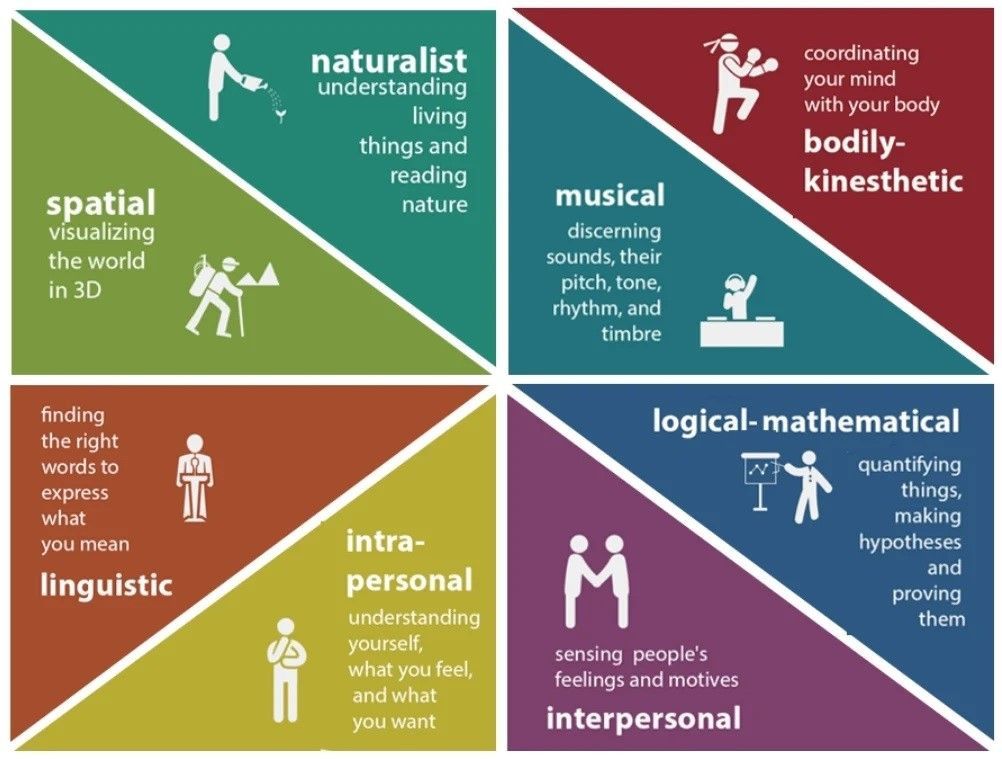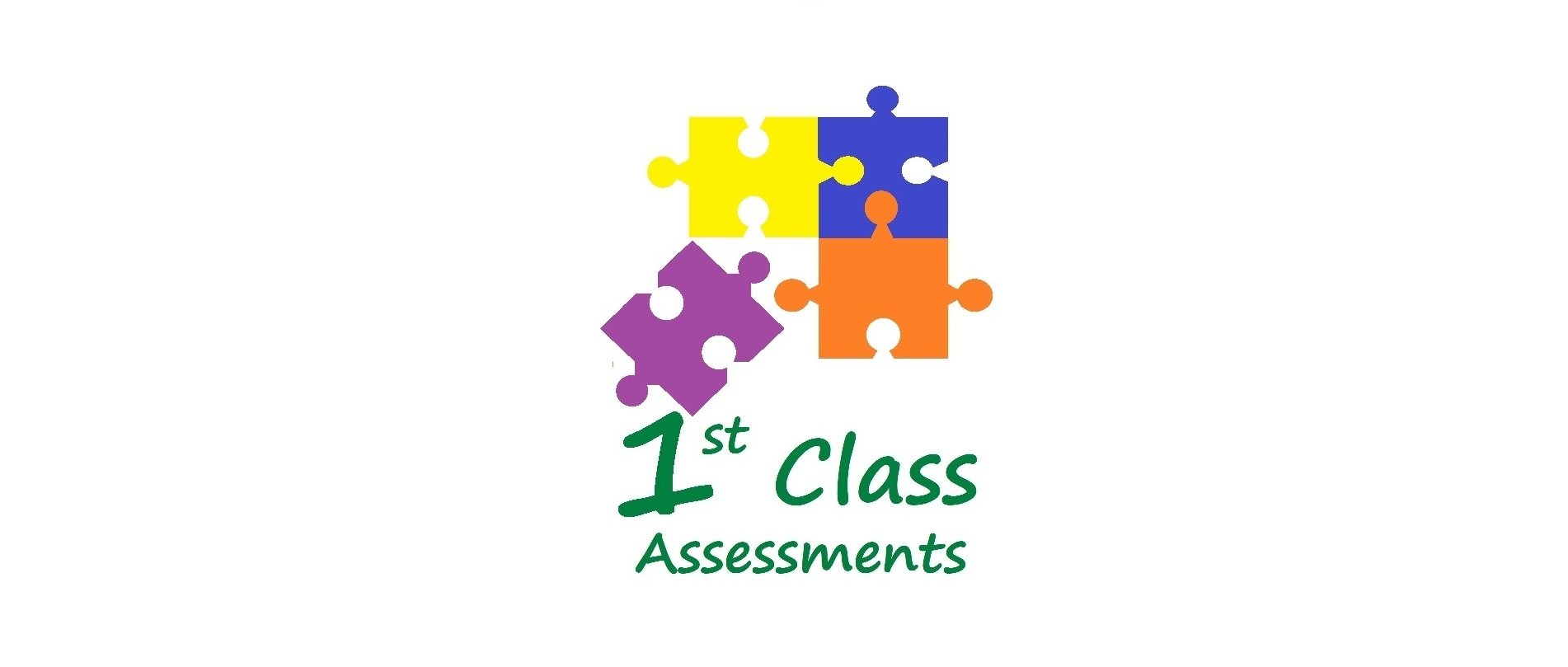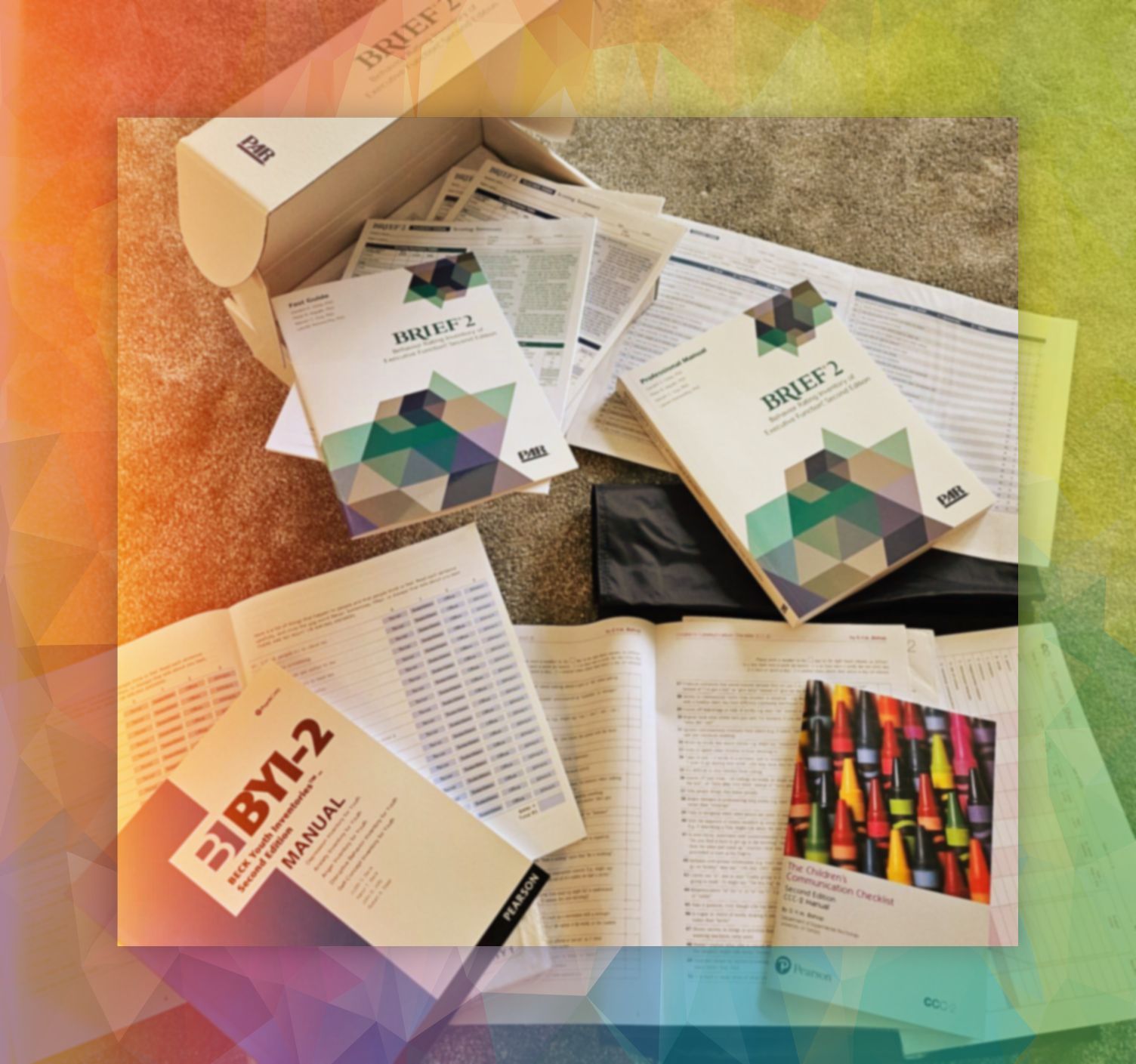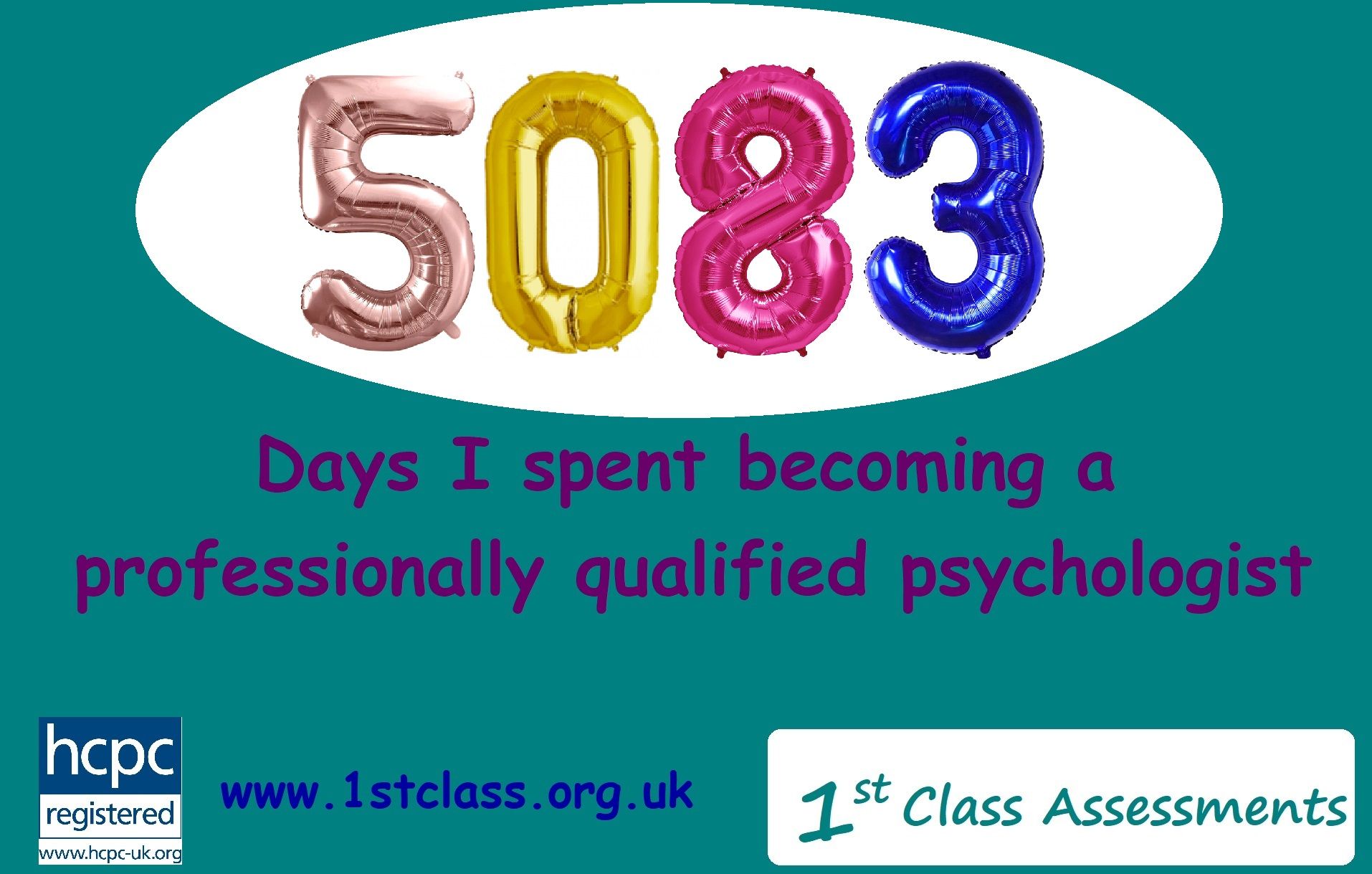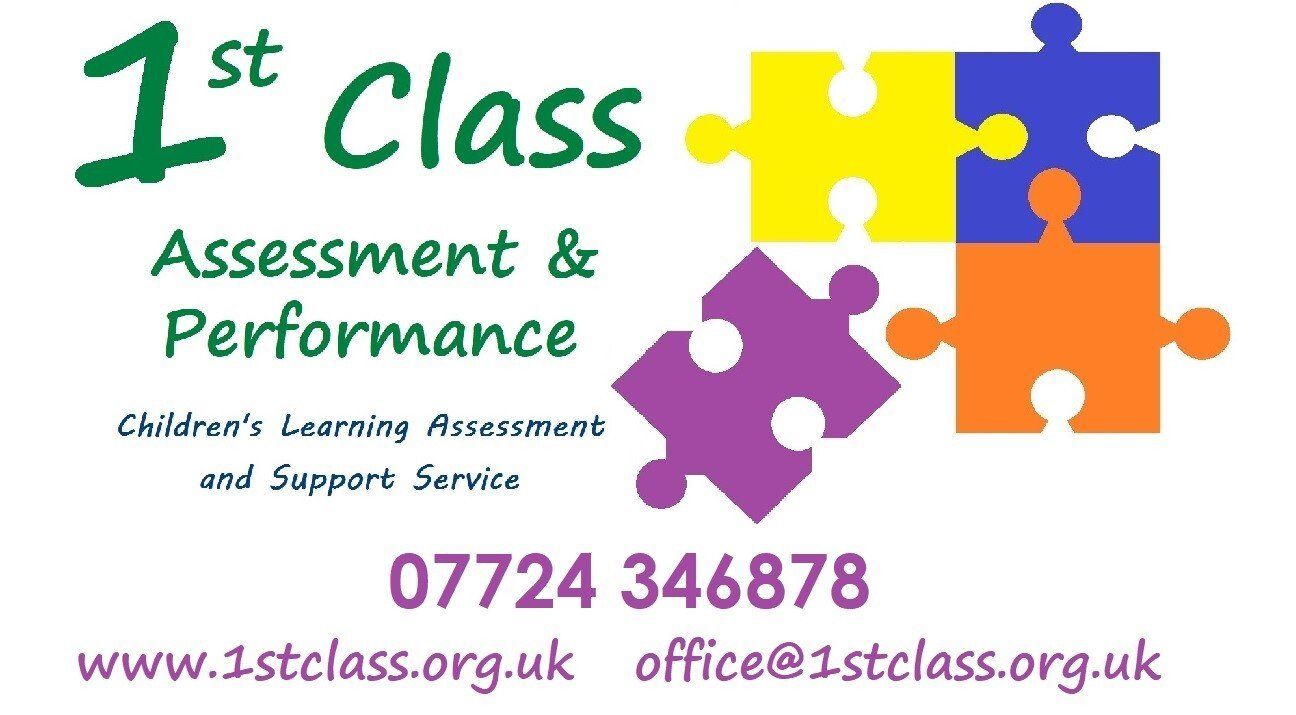What is an ability assessment? It's just IQ, right?!
As an Educational Psychologist, what do my assessments measure?
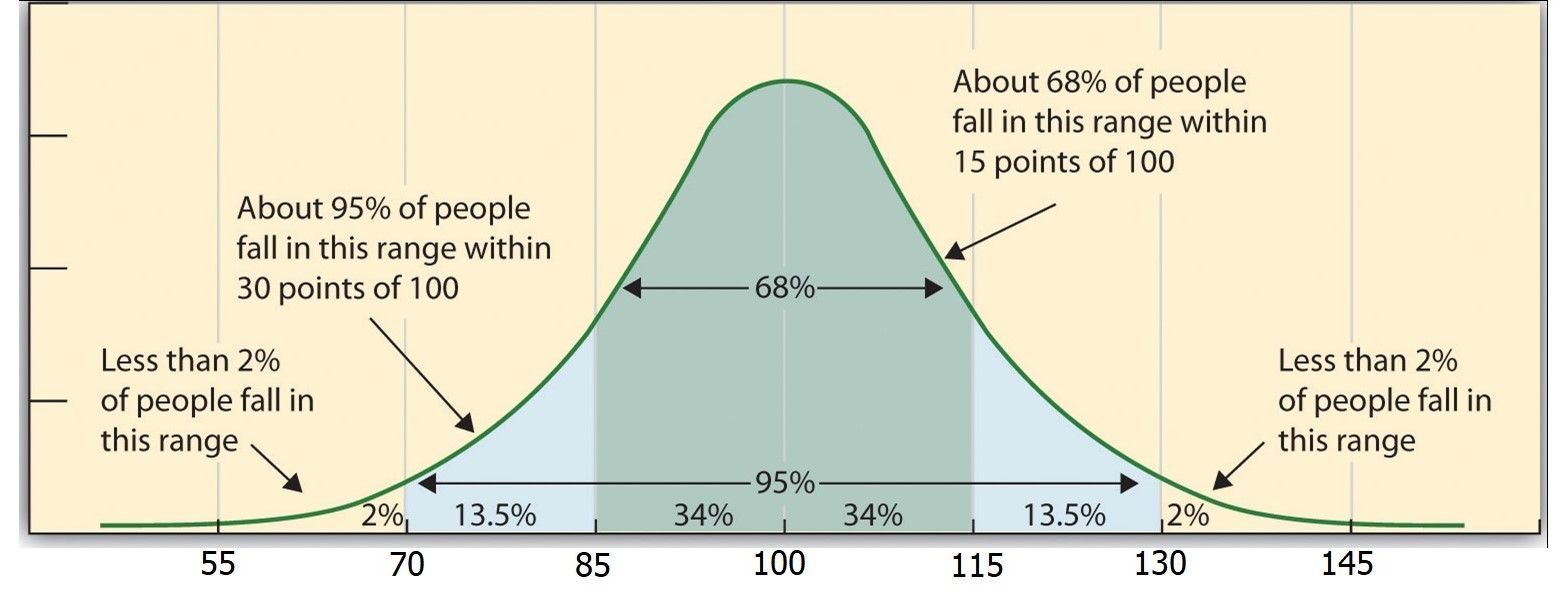
What do my assessments measure? I realise that a lot of people won’t know what I assess and why, and may think it’s just to find out “IQ” or ability – it’s not! As an Educational Psychologist (EP), I have completed over 6 years of training including a Doctorate. During that time, I have studied a lot of research and theories about how to measure children’s abilities and achievements, and gained a lot of knowledge about analysing assessment results. I have also worked within the Educational Psychology Services of local authorities for over 15 years.
EPs are often asked to assess a child’s learning or abilities, but what does that mean? I get numerous emails asking me to assess a young person, and often asking what the cost will be. I then have to go back to them and ask what it is they want to find out. There are hundreds of assessments, not just of learning, but also of language, communication, emotional skills, attainment levels, executive function, planning, attention, working memory, processing, development, self-concept…
IQ assessments are hardly ever used by EPs, and although assessments can be of ability, their purpose is to help teachers and parents find out more about where a child’s skills lie, and where they may have relative difficulties. From that information, school staff can use a child’s strengths to build their confidence, and help the child where they need it most. This helps break down barriers to learning and helps the child make the best progress. In my assessments, I don’t just look at the scores but also how the child worked in the assessment, what they found hard, what helped them learn or be successful if they didn’t know an answer or how to approach something. So it’s much more than just scores, it’s a lot about observation and processes.
Early IQ tests were very different to what is assessed today, and unfortunately the lack of information but keenness to identify learning difficulties often meant they were used to disadvantage some sectors of society including labelling some people as unfit for education. Sadly the negative connotations of these old IQ tests linger, but also many people have memories of old style IQ tests, of having a go at a Mensa type quiz, or the ones that are printed in magazines for a bit of fun. More modern theories of intelligence are much more varied, taking into account many different abilities and skills that individuals have. Many of these an IQ test cannot measure – eg. skills in music, crafts, sports, or interpersonal skills such as emotional intelligence. This is why EPs would not use an ability assessment in isolation or as an overall measure of someone’s intelligence, but would try to gather as much information as possible about the individual child and their skills, from the child themselves and people who know them well, such as parents/carers and school teachers. An ability assessment can form a part of that information. EPs are also keen to find a young person’s strengths in whatever area they may be, as well as ascertain any difficulties in order to identify areas and strategies for support in school.
Ability and achievement tests are different. Ability assessments (also called cognitive assessments) measure underlying skills such as verbal comprehension, reasoning, logic, working memory and processing. Achievement assessments measure the pupil’s current level of attainment in skills that relate to the school curriculum, eg. numeracy, maths reasoning, reading comprehension, spelling and word reading. It is most useful when both assessments are used because they measure such different aspects of learning.
So next time you hear about an IQ test, question what it means! If you’re wanting an Educational Psychologist to assess your child or a child in your school, you’ll no doubt be asked for a bit more detail about what you want to find out so that the EP can consider which assessment(s) would be most appropriate.
